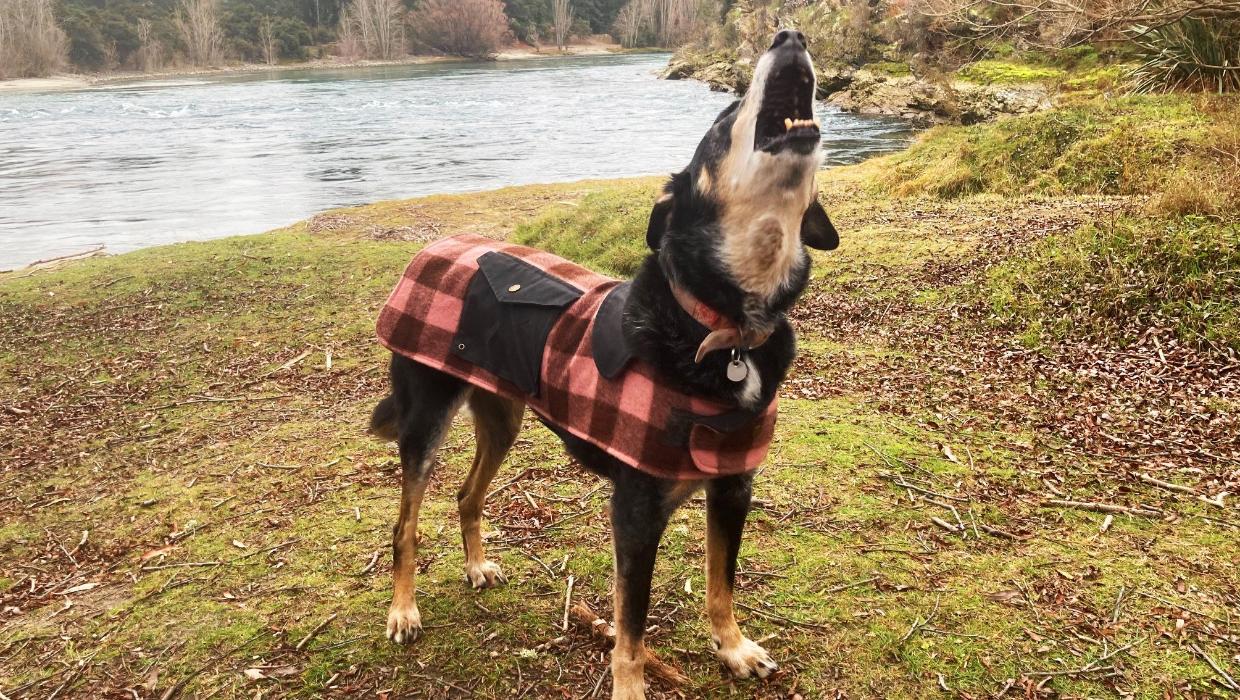Health
Embracing the Joys of Aging: The Life of an Older Dog

As dogs age, their lives inevitably change. The walks become shorter, and the pace slows down, yet there is still a wealth of enjoyment to be found. For pet owners, understanding and adapting to the needs of older dogs can enhance the quality of life for their beloved companions.
The experience of an older dog often brings a shift in routine. While younger dogs may thrive on vigorous activity, senior dogs appreciate a more leisurely approach. According to veterinary experts, physical limitations frequently arise as dogs age, including joint stiffness and reduced stamina. Pet owners are encouraged to modify their daily activities to accommodate these changes, ensuring their pets remain engaged and happy.
Finding New Routines
Shorter walks do not equate to a lack of enjoyment. In fact, they can provide ample opportunity for exploration and bonding. Many older dogs find joy in familiar environments, such as local parks or even their own backyards. This familiarity can stimulate their senses and offer comfort. Animal behaviorists recommend incorporating interactive elements into these walks, such as allowing dogs to sniff and explore at their own pace.
One important aspect of caring for an older dog is recognizing the signs of discomfort or fatigue. According to the American Veterinary Medical Association, pet owners should monitor their dogs closely during walks. If a dog appears to be struggling, it is crucial to adjust the activity accordingly. This might mean taking more frequent breaks or shortening the duration of outings altogether.
The Benefits of Adaptation
Adapting to an older dog’s needs not only enhances their well-being but also strengthens the bond between pet and owner. Engaging in gentle activities, such as low-impact play or even puzzle games, can provide mental stimulation and help maintain cognitive function. This is particularly important, as studies have shown that cognitive decline can affect dogs just as it does humans.
Furthermore, creating a supportive home environment can contribute significantly to an older dog’s quality of life. Ensuring easy access to comfortable resting areas and providing ramps or other aids can make a substantial difference. Animal welfare organizations emphasize the importance of adjusting living spaces to accommodate aging pets, as this fosters independence and comfort.
While life with an older dog may require adjustments, the rewards are plentiful. Pet owners often report a deeper connection with their pets as they navigate this stage of life together. The lessons learned during this time can be invaluable, emphasizing patience, compassion, and the simple pleasures found in everyday moments.
In conclusion, the lives of older dogs can be rich with happiness, even as their physical capabilities change. By embracing a slower pace and being attentive to their needs, pet owners can ensure their canine companions continue to thrive, providing joy and companionship well into their golden years.
-

 Sports2 months ago
Sports2 months agoNetball New Zealand Stands Down Dame Noeline Taurua for Series
-

 Entertainment2 months ago
Entertainment2 months agoTributes Pour In for Lachlan Rofe, Reality Star, Dead at 47
-

 Entertainment3 weeks ago
Entertainment3 weeks agoNew ‘Maverick’ Chaser Joins Beat the Chasers Season Finale
-

 Sports2 months ago
Sports2 months agoSilver Ferns Legend Laura Langman Criticizes Team’s Attitude
-

 Sports1 day ago
Sports1 day agoEli Katoa Rushed to Hospital After Sideline Incident During Match
-

 Politics1 month ago
Politics1 month agoNetball NZ Calls for Respect Amid Dame Taurua’s Standoff
-

 Entertainment2 months ago
Entertainment2 months agoKhloe Kardashian Embraces Innovative Stem Cell Therapy in Mexico
-

 World3 months ago
World3 months agoPolice Arrest Multiple Individuals During Funeral for Zain Taikato-Fox
-

 Sports3 months ago
Sports3 months agoGaël Monfils Set to Defend ASB Classic Title in January 2026
-

 Entertainment1 month ago
Entertainment1 month agoTyson Fury’s Daughter Venezuela Gets Engaged at Birthday Bash
-

 Sports1 month ago
Sports1 month agoHeather McMahan Steps Down as Ryder Cup Host After Controversy
-

 World2 weeks ago
World2 weeks agoSevere Winds Hit New Zealand, Over 100 Flights Canceled









